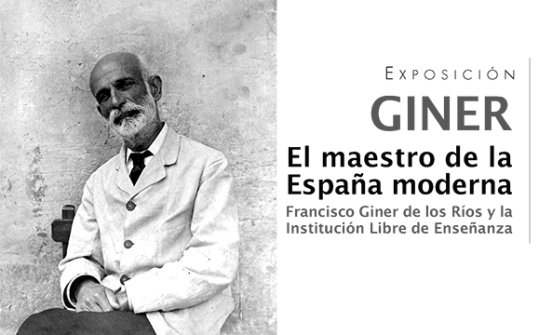This exhibition is designed as a continuation of the one devoted to the centenary of the death of Francisco Giner de los Ríos, which ran from December 2015 to May 2016 and enjoyed great success with general public and critics alike. The layout explores other aspects of the ILE’s modernising project, providing further information on the areas examined and the main people involved.
Manuel B. Cossío’s contribution is of paramount importance to the modern-day appreciation of El Greco and studies on the artist. His great book on the painter of Toledo, published in 1908, makes him one of the first Spanish art historians – along with Aureliano de Beruete and his monograph on Velázquez – to approach the study of art by directly analysing artworks and comparing related historical documents. This method enabled Cossío to produce an outstanding work as intellectually ambitious as it was exquisitely presented. As Gaya Nuño stated, in Spain “people are not accustomed to books so painstakingly put together or with such depth of criticism, written in the best possible Spanish”.



